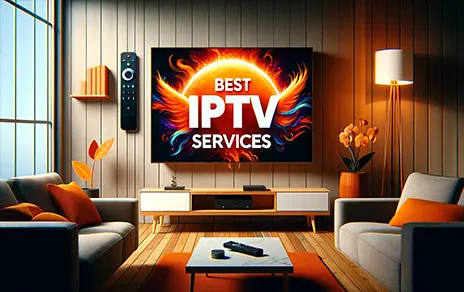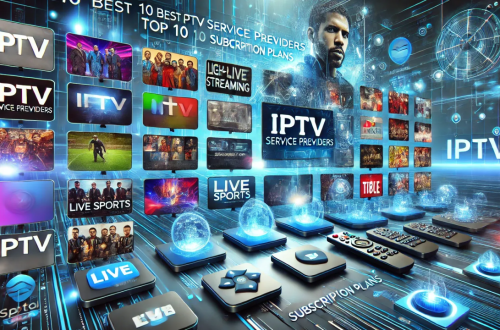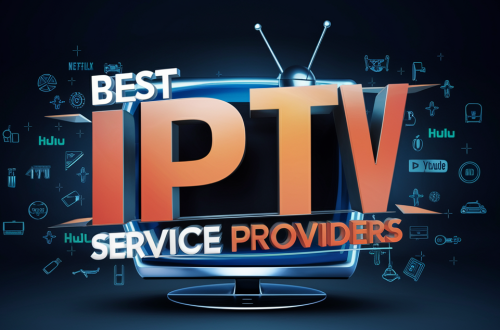In recent years, the landscape of television and media consumption has been undergoing a significant transformation, largely driven by advancements in technology and the ever-increasing demand for personalized, on-demand content scandinavian iptv. One of the key innovations at the forefront of this revolution is IPTV (Internet Protocol Television), a technology that promises to reshape how we watch TV.
What is IPTV?
IPTV refers to the delivery of television content over Internet Protocol (IP) networks. Unlike traditional methods of broadcasting, which rely on satellite signals or cable systems, IPTV utilizes the internet to stream media, offering viewers more control and flexibility over what, when, and where they watch.
How Does IPTV Work?
At its core, IPTV operates by delivering media content – live TV channels, on-demand videos, and interactive features – through IP networks. This is achieved using a set-top box or other devices capable of decoding the IP packets and displaying the content on a screen. The content can be streamed either live or on-demand, depending on the service provider and the viewer’s preferences.
Key Features and Benefits
- Personalization: IPTV allows users to personalize their viewing experience like never before. Subscribers can choose from a wide range of channels, create custom playlists, and access on-demand content at their convenience.
- Interactive Services: Beyond just watching TV, IPTV enables interactive services such as video on demand (VOD), gaming, and even interactive advertising. Viewers can engage with content in real-time, enhancing their overall experience.
- Quality and Reliability: With advancements in broadband technology, IPTV offers high-definition (HD) and even ultra-high-definition (UHD) streaming, providing viewers with crystal-clear picture quality and reliable service.
- Multi-Device Accessibility: IPTV isn’t limited to the living room TV. Subscribers can access their favorite content on multiple devices, including smartphones, tablets, and laptops, making entertainment truly portable.
- Cost-Effectiveness: For consumers, IPTV often represents a cost-effective alternative to traditional cable or satellite TV services. Providers can offer competitive pricing models and flexible subscription plans tailored to individual needs.
Industry Outlook and Future Trends
The IPTV market continues to grow rapidly, driven by increasing internet penetration, the proliferation of smart devices, and evolving consumer preferences for on-demand content. As more households adopt IPTV, service providers are expected to innovate further, incorporating features like cloud DVR, voice-controlled navigation, and seamless integration with other smart home devices.





